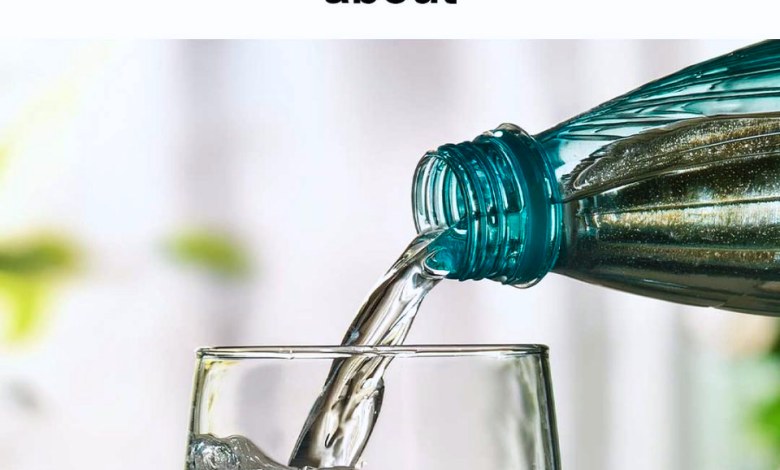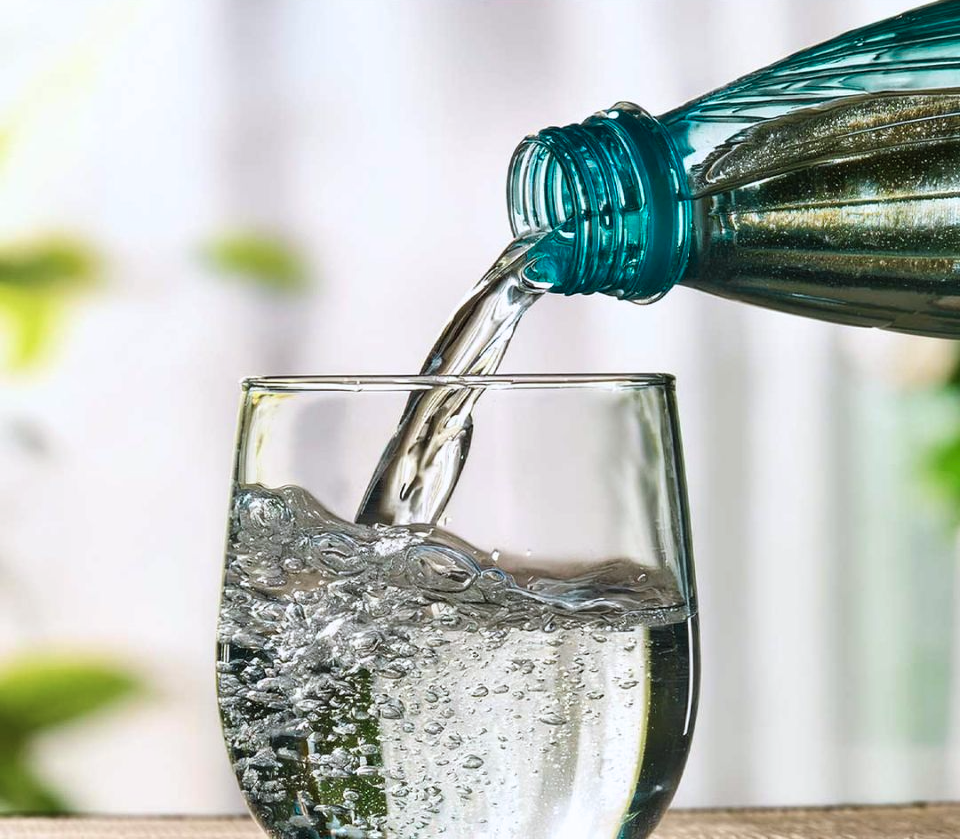
Sparkling water, often referred to as carbonated water, has seen a significant rise in popularity over the past few years. Many individuals have turned to this fizzy alternative as a healthier choice compared to sugary sodas. While the allure of sparkling water includes its bubbly texture and zero-calorie advantage, it’s important to dive deeper into potential health concerns that often go unnoticed.
Understanding Sparkling Water: Ingredients and Varieties
To grasp the full picture, one must understand what sparkling water is composed of. Essentially, it’s water that has been infused with carbon dioxide gas under pressure. There are several varieties on the market: natural sparkling water, which contains natural mineral compounds; club soda, which has added minerals and salts; and tonic water, often containing added sugars and quinine. Each variety might have different health implications based on its specific composition.
Common Perceptions: Why People Love Sparkling Water
Sparkling water is adored for various reasons. Its refreshing fizz makes it an appealing alternative to flat water, especially for those trying to reduce their intake of sugary and caffeinated beverages. Many also perceive it as a healthier option because it typically contains no calories, sugar, or additives (with some exceptions). However, it’s crucial to look beyond these surface-level benefits and examine the potential cons.

Health Concerns Associated with Sparkling Water
While sparkling water offers numerous benefits, it’s not without its downsides. Key health concerns include dental health impacts, digestive issues, fears about bone health, body acidity impacts, and potential adverse effects from artificial additives. These areas require deeper scrutiny to ensure that the consumption of sparkling water doesn’t compromise overall health.
Dental Health: The Impact of Carbonation
One of the most significant concerns is the impact of carbonation on dental health. The carbonic acid created when carbon dioxide dissolves in water can contribute to enamel erosion over time, leading to increased sensitivity and higher risk of cavities. While sparkling water is less acidic than sugary sodas or fruit juices, regular consumption can still pose risks to oral health.
Digestive Issues: Bloating and Gas
Another area of concern is the impact on the digestive system. The carbonation in sparkling water can lead to bloating and gas for some individuals. This is due to the release of carbon dioxide gas in the digestive tract, which can cause discomfort and exacerbate conditions like irritable bowel syndrome (IBS). Individuals prone to gastrointestinal issues might want to monitor their consumption of sparkling water.
Impact on Bone Health: Myths and Facts
There are longstanding myths about carbonated beverages, including sparkling water, leading to decreased bone density and increased risk of osteoporosis. However, current research does not support these claims when it comes to plain sparkling water. It’s essential to differentiate between sugary, caffeinated soft drinks and plain carbonated water in this context.
Acidity Levels: Effects on the Body
The acidity of sparkling water can also raise concerns. Although less acidic than soft drinks, the mildly acidic nature can still impact individuals with acid reflux or other gastrointestinal issues. Consuming sparkling water in moderation and choosing varieties with lower acid content can help mitigate these potential issues.
Artificial Additives: Sweeteners and Flavorings
Not all sparkling waters are created equal. Some contain artificial additives, sweeteners, and flavorings to enhance taste. These additives can have their own set of health concerns, including allergic reactions, metabolic impacts, and potential long-term effects that are not yet fully understood. Opting for naturally-flavored or plain sparkling waters can be a safer bet.
Hydration: Is Sparkling Water as Effective as Still Water?
Hydration is key for overall health, and there’s ongoing debate about whether sparkling water hydrates as effectively as still water. While both can adequately hydrate the body, some studies suggest sparkling water might be slightly less effective due to its gas content. Nonetheless, choosing sparkling water over sugary beverages still contributes positively to daily hydration goals.
Recommendations for Safe Sparkling Water Consumption
To safely enjoy sparkling water, moderation is key. Limiting intake to a few servings per week can help mitigate potential health concerns. Additionally, choosing plain or naturally-flavored varieties without added sugars or artificial ingredients can further reduce risks. Rinsing the mouth with plain water after drinking sparkling water can minimize enamel erosion.
Alternatives to Sparkling Water
For those looking to avoid potential issues associated with sparkling water, there are alternatives that can still provide a refreshing experience. Infused still water with fruits, herbs, or cucumber offers a tasty and healthy option. Herbal teas, coconut water, and diluted fruit juices can also be excellent replacements.
Conclusion: Making Informed Choices
Sparkling water can be a delightful and healthier alternative to sugary sodas if consumed mindfully. By being aware of the health concerns and taking steps to mitigate them, individuals can make informed choices that align with their health goals. Moderation, careful selection, and diversification of hydration sources are critical to enjoying sparkling water safely.
Source: remedydaily







